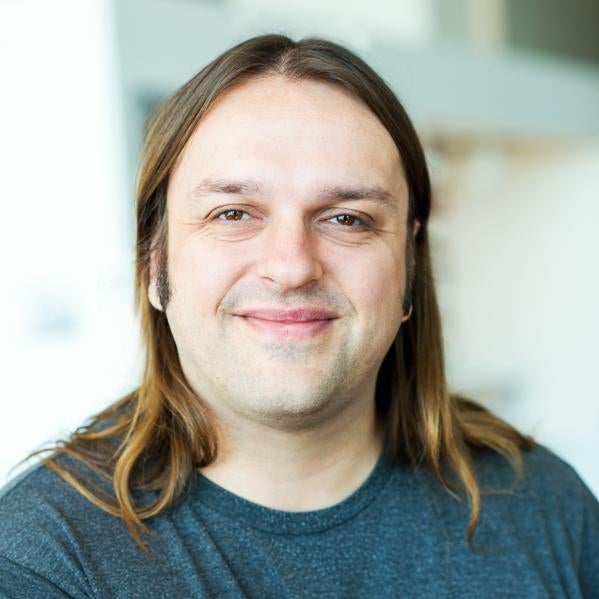
| Follow @mhanwell
Rexford, NY
Marcus D. Hanwell | Marcus leads the Open Chemistry project, developing open source tools for chemistry, bioinformatics, and materials science research. He completed an experimental PhD in Physics at the University of Sheffield, a Google Summer of Code developing Avogadro and Kalzium, and a postdoctoral fellowship combining experimental and computational chemistry at the University of Pittsburgh before moving to Kitware in late 2009. He is now a Technical Leader in the Scientific Computing group at Kitware, a member of the Blue Obelisk, blogs, @mhanwell on Twitter and is active on Google+. He is passionate about open science, open source and making sense of increasingly large scientific data to understand the world around us.

Authored Comments
This was a really interesting session, I am hoping to find something I can contribute to the kernel soon. I would love to see more of these sessions, and think about how we might do similar things for some of the other open source communities I am involved in. It is really important to think of new ways to engage with students, and maybe even integrate sessions like these into courses where students can really get their hands dirty while getting credit for doing so.
I came from a few communities where copyleft/GPL was the norm, and initially shared that same desire to ensure people gave back. Over the years I have come to dislike the complications, compatibility issues and requirements of the more complex copyleft licenses and have relicensed the work I was able to. I think in science, and many other domains, having a simple pragmatic license is more important to allow us to get the work done and hopefully encourage code reuse. I am sure we lose some people, but on the flip side there are developers out there less likely to dedicate time and energy to a project using a copyleft license too.
I think the simple moral argument of copyleft is easy to justify, but the complexities and incompatibilities can lead to road blocks in getting your code used. I have seen a trend towards more permissive BSD, Apache and similar licenses in scientific codes and personally think this is a good thing.